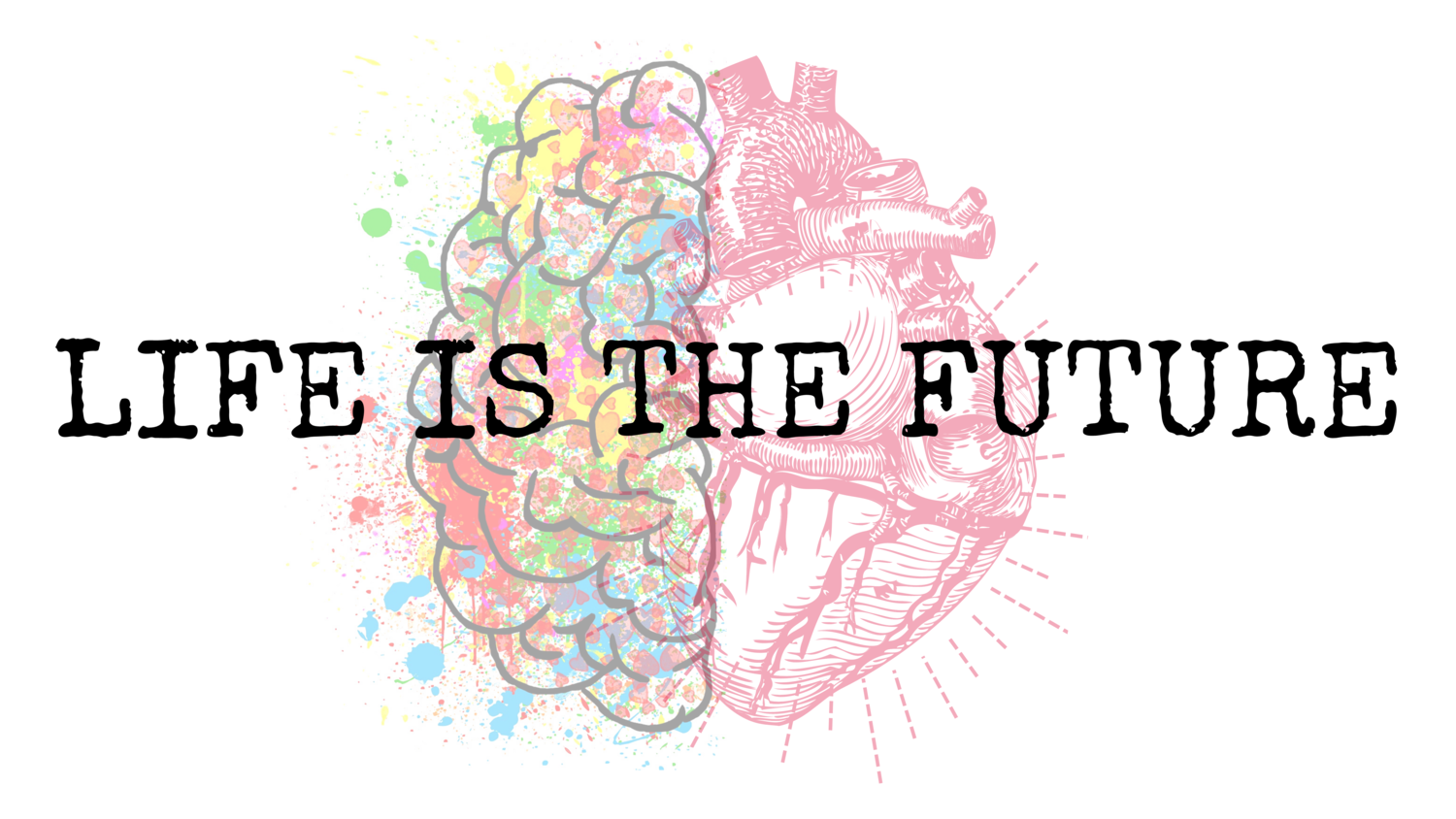3 Ways to Stay Mindful
Staying Mindful
Being mindful means living in the present, with an awareness of your surroundings, your emotions, and your responses, in an accepting, nonjudgemental manner. Here are three quick tips for mindfulness.
Tip number 1: Take a minute.
If you have the time and you aren’t rushing out the door in the morning, right upon waking up, stop the urge to reach for your phone! Instead, just for a minute, every single day, lay there on your pillow, eyes either closed or open, simply breathing, and-- here’s the key-- identifying your current feelings.
Can you give your emotion an adjective or two? Are you calm, worried, excited, fearful… how did you just wake up, and is that an emotion you want to remain for the rest of the day?
Then, and especially to keep from falling back asleep, think specifically about how much rest you just got. Was it enough? Can you do better the next night? And did that play into the emotion you just named?
Finally, are you already living in the future because of those emotions? If you are excited or nervous about the day’s events, that’s understandable, but be willing to take that first minute to just acknowledge the start of a new day, right then and there, in the present moment.
Tip number 2: Drop self-judgement.
Whether it’s each morning, or throughout the day, allow yourself to experience whatever human emotion you are experiencing. However, and here’s the catch, identify that feeling without judging yourself. If you are sad, you’re allowed to be sad. If you are nervous, your allowed to be nervous. If you’re ecstatic, that’s allowed too!
Without self-judgement, try to recognize what’s happening in the moment. Self-judgement, on the other hand, compounds things-- it is getting mad for being mad, getting sad for being sad, or even becoming overwhelmed or anxious because of happy or good news. Acceptance, in this regard, is acceptance of yourself and your current emotions.
Tip number 3: Respond after reacting.
Reacting and responding are two different things. We react without thinking-- this is a natural human instinct, and in a lot of ways is protective or helpful. Responding occurs after actively thinking. Reactions are immediate-- the first few seconds to minutes after any life event. Responses, on the other hand, take a little time. Is your current emotion one that could negatively affect your social health? Is it a thought that might impact your self-respect?
In any situation, know that those reactions are always in the past. For those with a little background already, you know this as impermanence. Moving from reacting to responding involves a decision making process. A decision involves creating your response to any immediate reaction. As we all know, decisions can be quick, or they can take days, months, or longer as we weigh options, consider consequences, etc.
Making a decision to respond in a way that matches your life values is not easy, so don’t let this sound like it is. However, the great part here is that being mindful doesn’t take a new human skill-- our brains already possess the ability to process our own emotions when you draw attention to them.
Do you want each emotion to continue? That is the response piece to mindfulness.
“Growing Up Great!”
For more health tips geared towards adolescent boys, check out Growing Up Great!, a body-positive guide to getting through puberty confidently by respecting the body and all of its changes.





